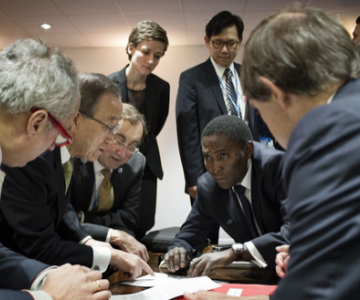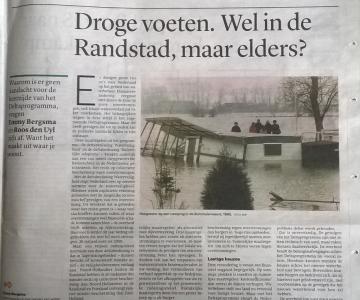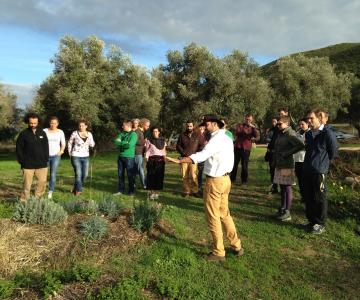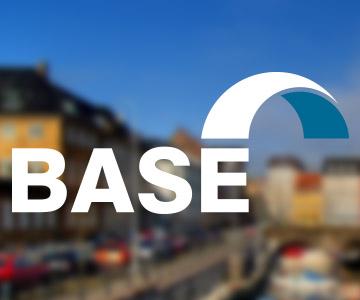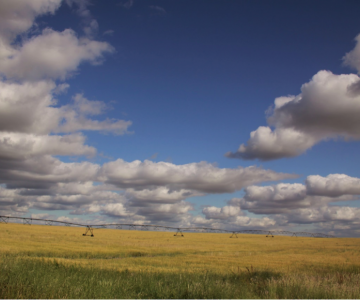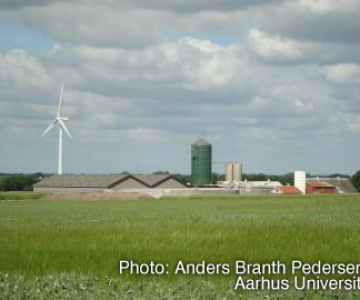Health and climate adaptation at the COP21
“The climate change agreement is a public health agreement,” declared Isabel Aranda, Programme Officer at the UNFCCC Secretariat, in the run-up the landmark conference of the parties (COP21) meeting in Paris. Climate and public health experts alike joined to underscore the links between climate health and human health in what culminated in the world’s first universal climate accord on 12 December 2015.




